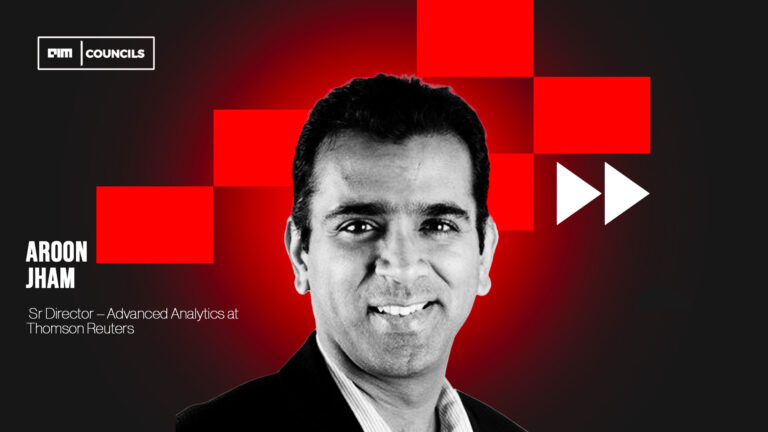Scott Newton, Vice President in the U.S. Data & Analytics Office at HSBC, never imagined that his professional path would lead him to the world of data management. A graduate of Tufts University with a degree in Political Science, Scott’s early ambitions were centered around understanding the systems that shape society—governance, laws, and the intricate web of institutions and cultures. It was a fascination with how these structures operated that guided his initial career choices, though data wasn’t yet on his radar.
Scott’s early career steps took him through various roles, starting with a brief stint as a paralegal in a large law firm. From there, he transitioned into a sales position at TransPerfect, where he sold translation and litigation support services to law firms in New York City. It was during this time that Scott’s interest in data began to take root. He noticed that law firms, regardless of size, struggled to manage and leverage data effectively. While the services he sold addressed some of these issues, the real challenge lay in the absence of a foundational data strategy and a culture that recognized data as an asset.
This realization sparked a pivotal shift for Scott. He began to see that the struggles with data were not exclusive to law firms but were prevalent across various industries. The timing couldn’t have been better—industries, particularly in the financial sector, were beginning to recognize the critical importance of data management. In response to the 2007-2008 financial crisis, large American banks were establishing Chief Data Offices to navigate new regulatory landscapes. Scott saw an opportunity and moved into the financial world, landing a role at JPMorgan Chase.
At JPMorgan Chase, Scott joined the bank’s Chief Data Office, which at the time felt like a start-up within the massive institution. Over the course of five years, he watched the department grow in size and reputation, becoming a respected and integral part of the bank’s operations. However, Scott missed the dynamic, pioneering atmosphere that comes with working in a smaller team with immense potential. That desire for a more agile environment led him to HSBC, where he has spent the past five years in various data-related roles.
For Scott, working in data is a natural fit for his curious nature. He thrives in the constantly evolving landscape of data management, where the work is never truly “done” or “finished.” Data is continuously generated and used in new and innovative ways, ensuring that there is always something new to learn and tackle. Scott is particularly passionate about the future of data-centric companies, believing that those who prioritize data strategy and treat data as a valuable asset will rise above their competition. As data is created and utilized at unprecedented scales, the companies that invest in strong data management practices will reap the rewards, while those who only meet minimum regulatory requirements will inevitably fall behind.












